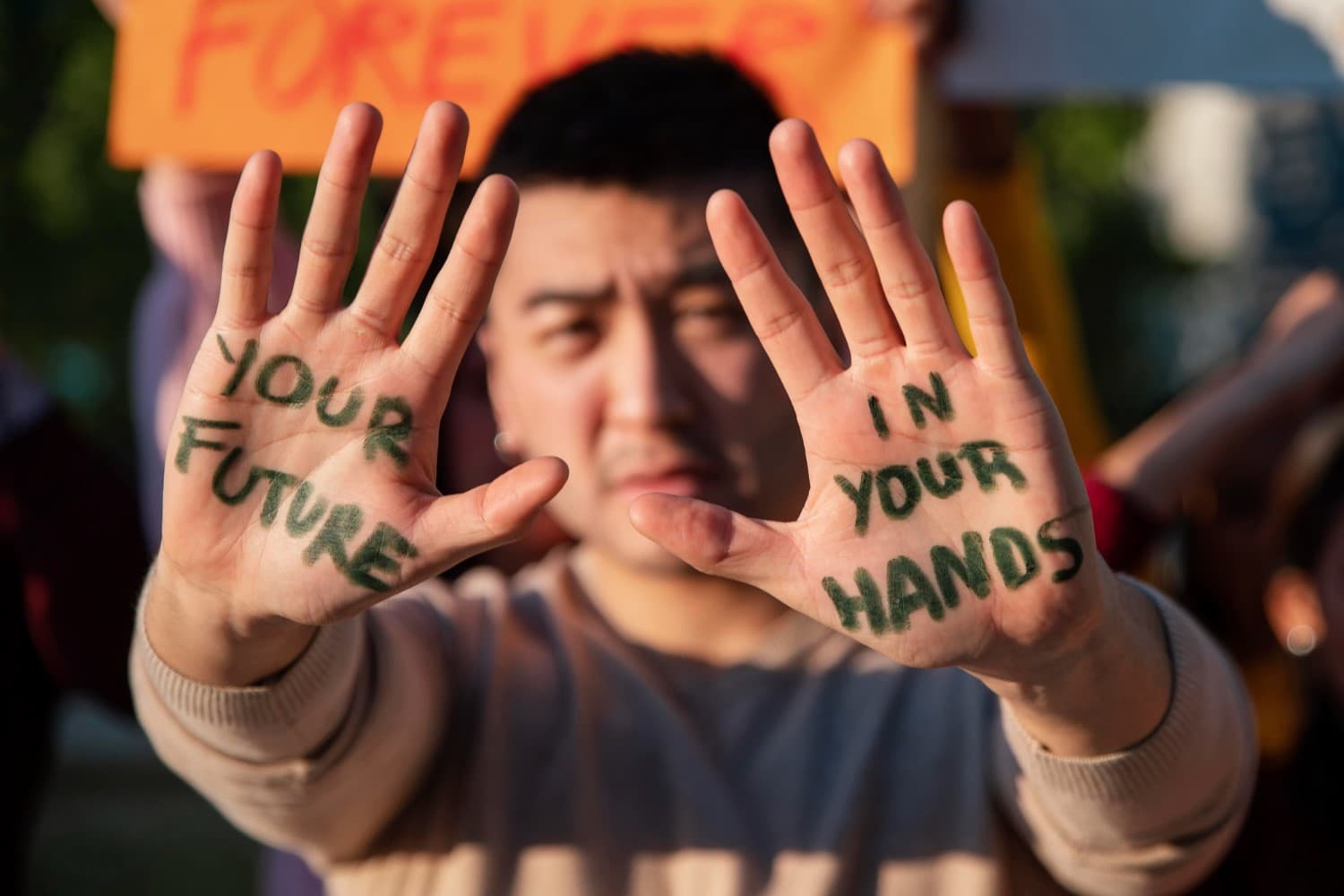In a world characterised by progress and innovation, the fragility of human rights is an issue that cannot be ignored. Human rights, the cornerstone of justice, equality, and dignity, are under constant threat, and the need to address these concerns has never been more pressing.
Understanding Human Rights
Defining Human Rights
Fundamentally speaking, human rights include the fundamental liberties and rights to which every person is entitled, regardless of country of origin, gender, ethnicity, or other characteristics. These rights include, among others, the freedom from torture and slavery, and the right to life, liberty, and security. A just and equitable society is built on the principles of human rights, which guarantee that everyone is treated with respect and dignity.
The Universal Declaration of Human Rights
The Universal Declaration of Human Rights, adopted by the United Nations in 1948, stands as a testament to humanity’s commitment to safeguarding these fundamental rights. This historic document consists of 30 articles that outline the rights and freedoms to which all people are entitled. From the right to freedom of thought, conscience, and religion (Article 18) to the right to work and education (Articles 23 and 26), the declaration sets a global standard for the protection of human rights.
Global Concerns
Discrimination and Equality
But despite these admirable values, prejudice is still a major problem in the world today. Discrimination persists, continuing to marginalise individuals and communities based on factors such as race, gender, religion, sexual orientation, and other characteristics. The fight for equality is still going strong, and activists and supporters never stop trying to eradicate prejudice and bigotry from society.
Freedom of Expression
Freedom of expression, a fundamental human right, is also under siege in many parts of the world. For example, the best Taiwan betting sites remain inaccessible to many sports enthusiasts due to legal restrictions. While the ability to express one’s thoughts and ideas is essential for a thriving democracy, censorship and online restrictions threaten this freedom. The tension between protecting national security and upholding individual rights challenges societies worldwide.
Poverty and Economic Inequality
Poverty and economic inequality are formidable barriers to the realisation of human rights. The lack of access to basic necessities, such as clean water, food, and education, disproportionately affects the most vulnerable populations. Efforts to reduce economic disparities and eradicate poverty are essential for upholding human rights for all.
Conflict Zones and Human Rights Violations
Conflict zones often serve as hotbeds for human rights violations. Civilians caught in the crossfire face the dire consequences of war, including displacement, hunger, and violence. Despite ongoing difficulties, international humanitarian law attempts to protect the rights of people impacted by armed situations.
Challenges to Human Rights
State Sovereignty vs. Human Rights
One of the most significant challenges to human rights is the tension between state sovereignty and the global commitment to human rights. Nations often prioritise their national interests, sometimes at the expense of human rights. Debates over intervention in sovereign states to prevent human rights abuses underscore this complex issue.
Global Organisations and Human Rights
Global organisations, particularly the United Nations and various non-governmental organisations (NGOs), play a crucial role in advocating for and monitoring human rights. While they have achieved significant successes, challenges remain, including questions about their effectiveness and accountability.
Political Changes and Human Rights
Transitions in political leadership can have a profound impact on human rights. Some leaders prioritise human rights and promote positive change, while others disregard or undermine these principles. Examining case studies of countries experiencing political flux sheds light on this dynamic.
The Fragile State of Human Rights Today
Recent Developments
Current events around the world underscore the fragility of human rights. From crackdowns on freedom of the press to the suppression of peaceful protests, numerous instances highlight the urgent need to address human rights violations. The global community must remain vigilant in holding violators accountable.
The Role of Civil Society
In the face of these challenges, civil society organisations and grassroots movements have emerged as powerful forces for change. Ordinary people, united by a shared commitment to human rights, have the potential to drive positive transformations. Their dedication and advocacy are beacons of hope in the struggle to protect and advance human rights.
Looking Ahead: The Future of Human Rights
As we navigate the complexities of the 21st century, the future of human rights remains uncertain. Emerging challenges, such as the impact of artificial intelligence on privacy and security, demand innovative solutions. However, opportunities for progress also abound, with technology and global connectivity providing new avenues for advocacy and change.
In conclusion, the fragile state of human rights is a global concern that requires collective action and unwavering commitment. The principles of justice, equality, and dignity are not mere ideals but the foundation upon which a better world is built. By acknowledging the challenges, supporting those on the front lines, and striving for a more rights-respecting future, we can safeguard human rights for generations to come.
